EDITORIAL
Published on 06 Dec 2024
Editorial: Soilborne pathogenic fungi: systematics, pathogenesis and disease control
doi 10.3389/fmicb.2024.1525583
- 551 views
3,466
Total downloads
15k
Total views and downloads
EDITORIAL
Published on 06 Dec 2024
REVIEW
Published on 24 Oct 2024
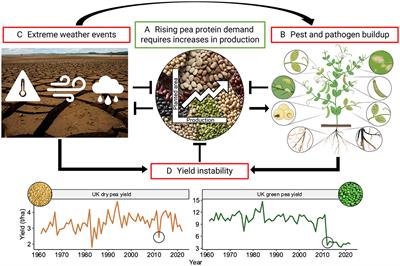
REVIEW
Published on 11 Oct 2024
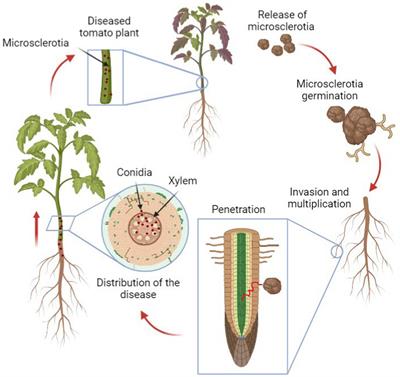
ORIGINAL RESEARCH
Published on 25 Sep 2024
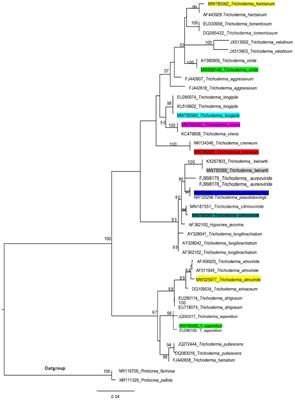
ORIGINAL RESEARCH
Published on 24 Jul 2024
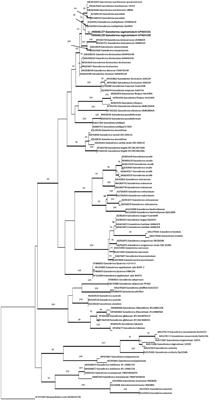
MINI REVIEW
Published on 19 Jun 2024
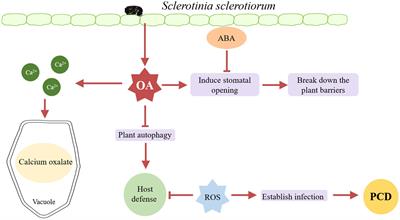
ORIGINAL RESEARCH
Published on 30 May 2024
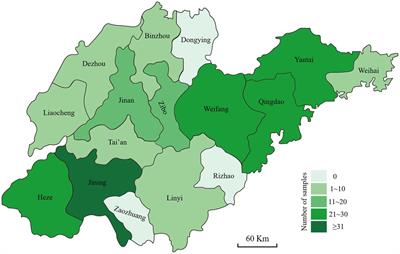
ORIGINAL RESEARCH
Published on 27 Feb 2024
